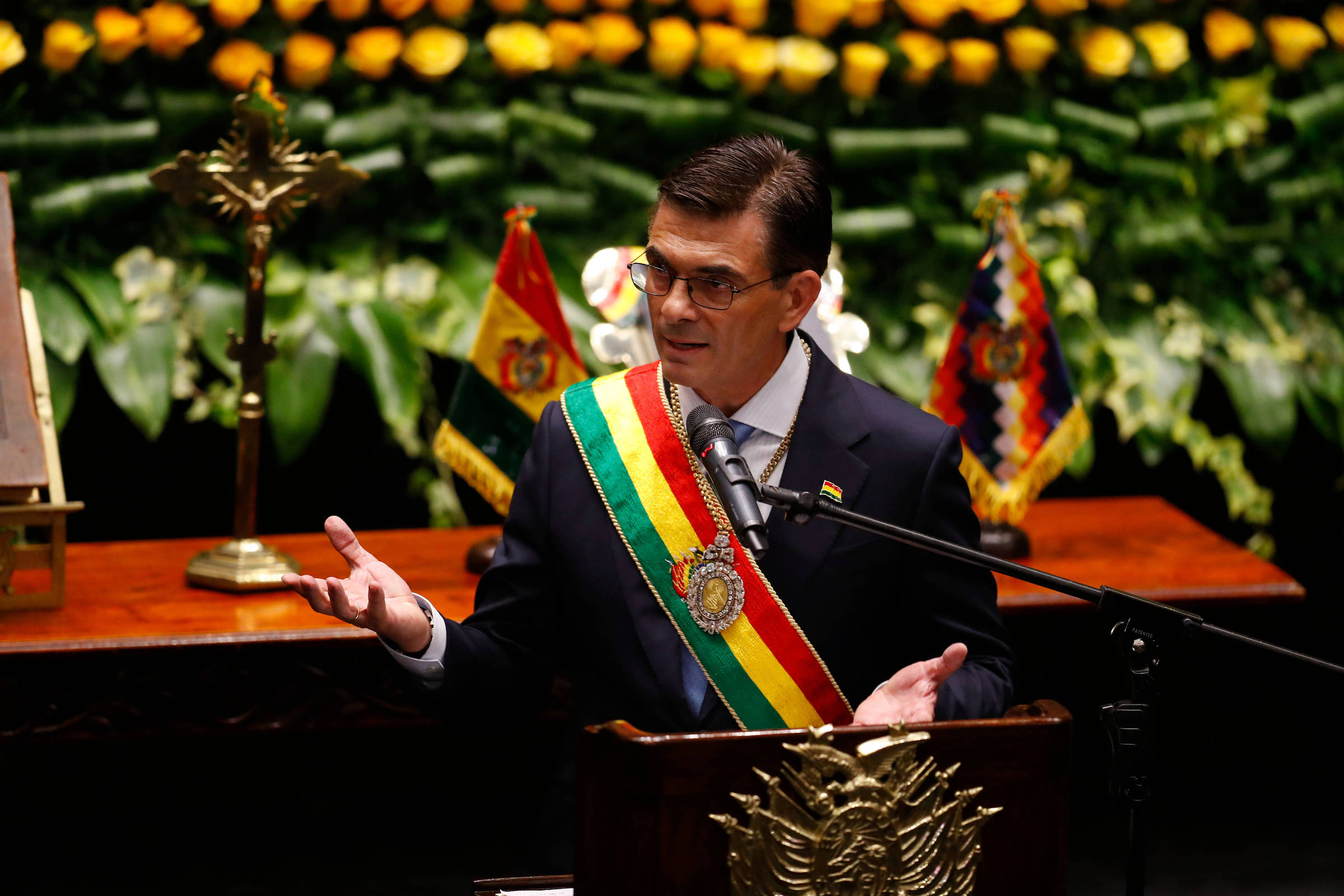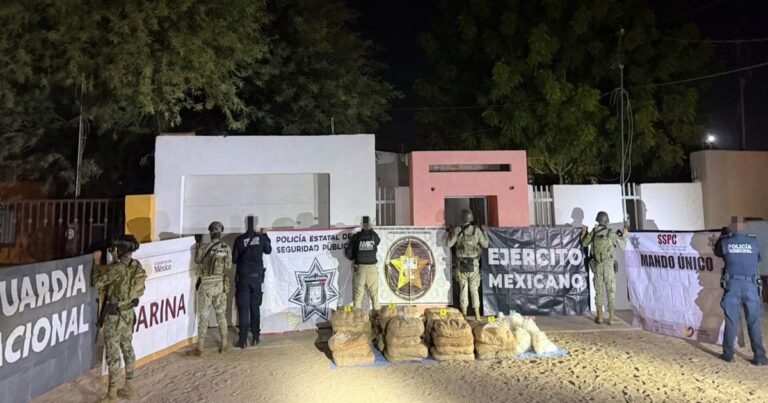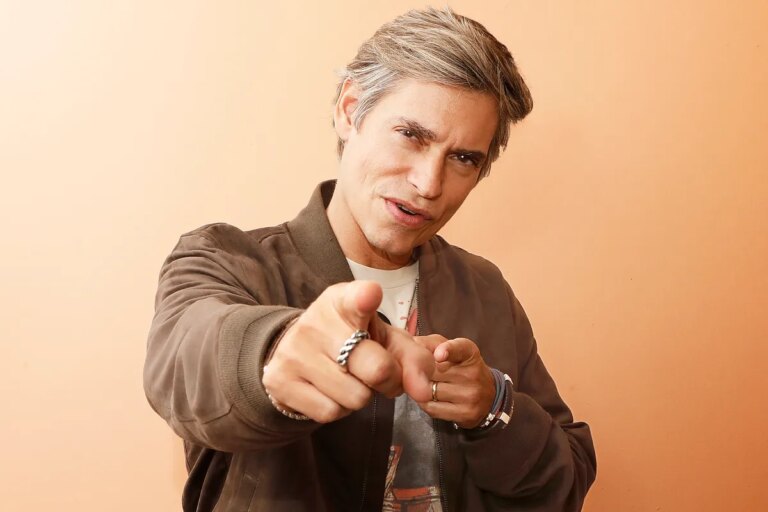
Bolivia’s centre-right President Rodrigo Paz swore this Sunday (9th) that his cabinet does not represent indigenous peoples or the popular sector, which has been the mainstay of socialist governments for the past 20 years.
The Evo Morales administration (2006-2019) and the Luis Arce administration (2020-2025) were characterized by the appointment of peasant leaders as ministers.
According to the latest 2024 census, 38.7% of Bolivia’s 11.3 million inhabitants are indigenous, mainly Quechua and Aymara.
Paz placed collaborators and technocrats associated with private activities in key ministries, including José Luis Lupo (Minister of the President), Fernando Aramayo (Prime Minister), Marco Antonio Oviedo (Government), Gabriel Espinoza (Economy), and Mauricio Medinacelli (Hydrocarbons and Energy).
The newly sworn-in president, who took office this Saturday (8th), has tasked his cabinet with solving the country’s pressing problems, including annual inflation, which reached 19% in October, as well as fuel shortages at gas stations and dollar shortages in banks.
The Paz coalition and the right-wing parties of Jorge Quiroga and Samuel Doria Medina won a major parliamentary victory, while the Movement for Socialism (MAS) remained a small force.
Mr. Paz justified the absence of a mass movement in his ministerial team. “For 20 years, each sector has been represented… Is Bolivia better today after 20 years of operating methodologies?” he asked. “Now is the time to make room for meritocracy, efficiency and transformation of the nation that serves its people,” he added.
At the inauguration ceremony, differences were also noticeable in the relationship between the Morales administration and the Arce administration. The oath was taken in front of a Bible and a cross, which were replaced by indigenous symbols during the MAS mandate.
The new president also chose to remove the colorful Wiphala flag, representing indigenous peoples, particularly the Aymara people, from the facade of the Government Palace, a move that drew criticism from Evo.
“Removing it is a violation of the indigenous peasant movement and an attempt to erase collective memory. We have gone from a state of inclusion to a state of exclusion,” Morales said in X.
The former president has been in Chapare since 2024 on a warrant for his arrest in a child trafficking case, but he denies the charges.



